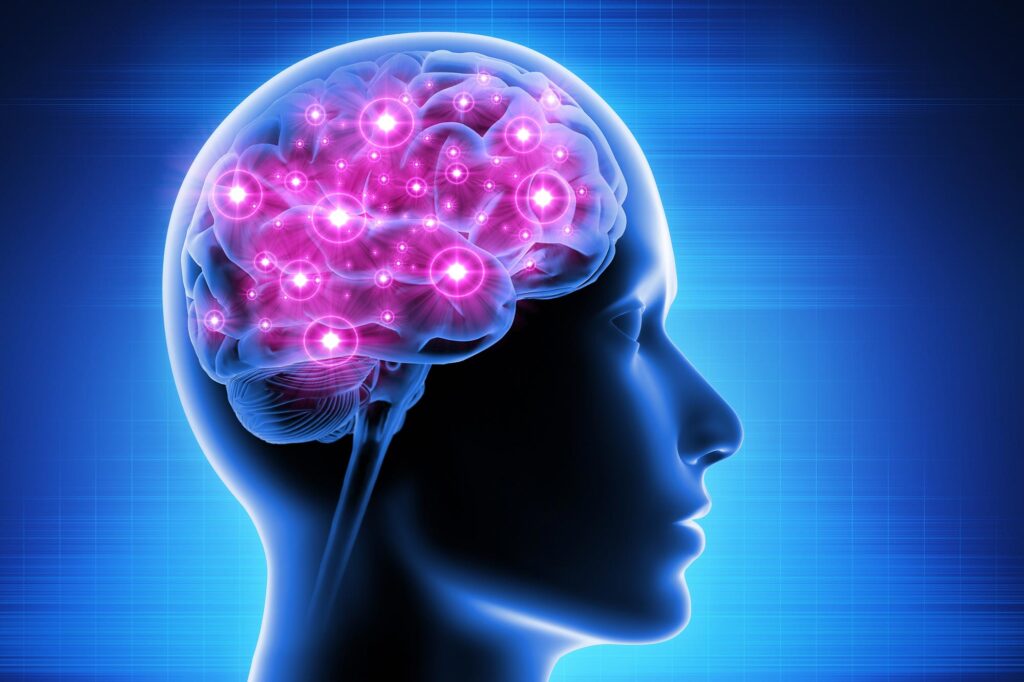A study led by a team of researchers at the University of Pennsylvania found that light-to-moderate alcohol intake was linked with reductions in overall brain volume. The team also revealed that the heavier the alcohol consumption greater the impact.
The study analyzed multimodal imaging data from 36,678 generally healthy middle-aged and older adults from the UK Biobank.
The analysis revealed that alcohol consumption had been associated with loss of brain cells, loss of connections that communicate with brain cells, and poorer white and gray matter fiber integrity.
Alcohol Consumption Damage Brain Cells
The negative relationship between alcohol consumption and brain structure was observed in individuals consuming alcohol with an average of one to two units a day. The impact becomes stronger as alcohol intake increases.
Also, increasing alcohol consumption from zero to one unit did not make much of a difference in brain structure and functions. However, changes from one to two units and two to three units a day were linked with reductions in gray and white matter.

For example, a 50-year-old individual, after increasing one unit of alcohol drinking (half a beer) a day, exhibits changes in the brain equivalent to aging two years, a two to three-unit increase at the same age result in aging like three, and a half years.
The study’s findings are published in the journal Nature Communications (Daviet, Aydogan et al. 2022).
More Read
Evidence from Previous Studies
Numerous previous studies supported the findings of the Penn-led research team though light to moderate alcohol consumption has been shown to preserve brain function in older age (Zhang, Shen et al. 2020).
Writing in a BMJ publication, researchers in the UK and Australia indicated that binge alcohol consumption in adolescence is linked with reduced brain volume, poorer white matter development, and small to moderate deficits in cognitive functions. In midlife, moderate drinking also causes a small but significant brain volume loss (Mewton, Lees et al. 2020).
In 2007, a cross-sectional study presented at the 59th Annual Meeting of the American Academy of Neurology showed that heavy alcohol consumption might decrease brain volume.
In the study, the participants who had more than 14 drinks per week had an average 1.6 percent reduction in brain volume to skull size compared to people who did not drink (American_Academy_Of_Neurology 2007).
Early in 2004, researchers at the Johns Hopkins Bloomberg School of Public Health and other institutions found an association between low to moderate alcohol consumption and a decrease in the brain size of middle-aged adults (Ding, Eigenbrodt, et al. 2004).
Therefore, substantial evidence shows that moderate to heavy alcohol consumption causes changes in brain structure and decreases the volume of gray and white matter.
More Read
Binge Drinking is Worse for the Brain
It is suggested that the investigation that showed moderate levels of alcohol intake might not have any negative impact, or even that light drinking could benefit the brain in older adults might have lacked the power of a large data set.
However, the specialty of this study was its massive quantitates of data from the resource of UK Biobank, a dataset with medical and genetic information from half a million British middle-aged and older adults.
Nave, Daviet, and colleagues have employed biomedical data from this resource in the current study investigating MRIs from 36,678 adults to calculate the volume of white and gray matter in different brain areas.
Lead author Nave mentioned that having the dataset in this study is like having a microscope with a more powerful lens. A better resolution will provide clear patterns and associations that they could not observe before.

The findings of this study were in contrast with scientific and governmental guidelines on safe drinking limits—said Kranzler, who directs the Penn Center for Studies of Addiction.
According to the National Institute on Alcohol Abuse and Alcoholism guidelines, women may consume an average of one drink maximum per day; for men, the limit twice exceeds the daily consumption level associated with decreased brain volume, the researchers found in this study.
In this study, the investigators looked at average alcohol consumption. However, in a future study, the authors will investigate the possibility of whether consuming one beer a day is better than consuming none during the week and then seven on the weekend—says Nave.
He added, “There is some evidence that binge drinking is worse for the brain, but we have not looked closely at that yet.”
























